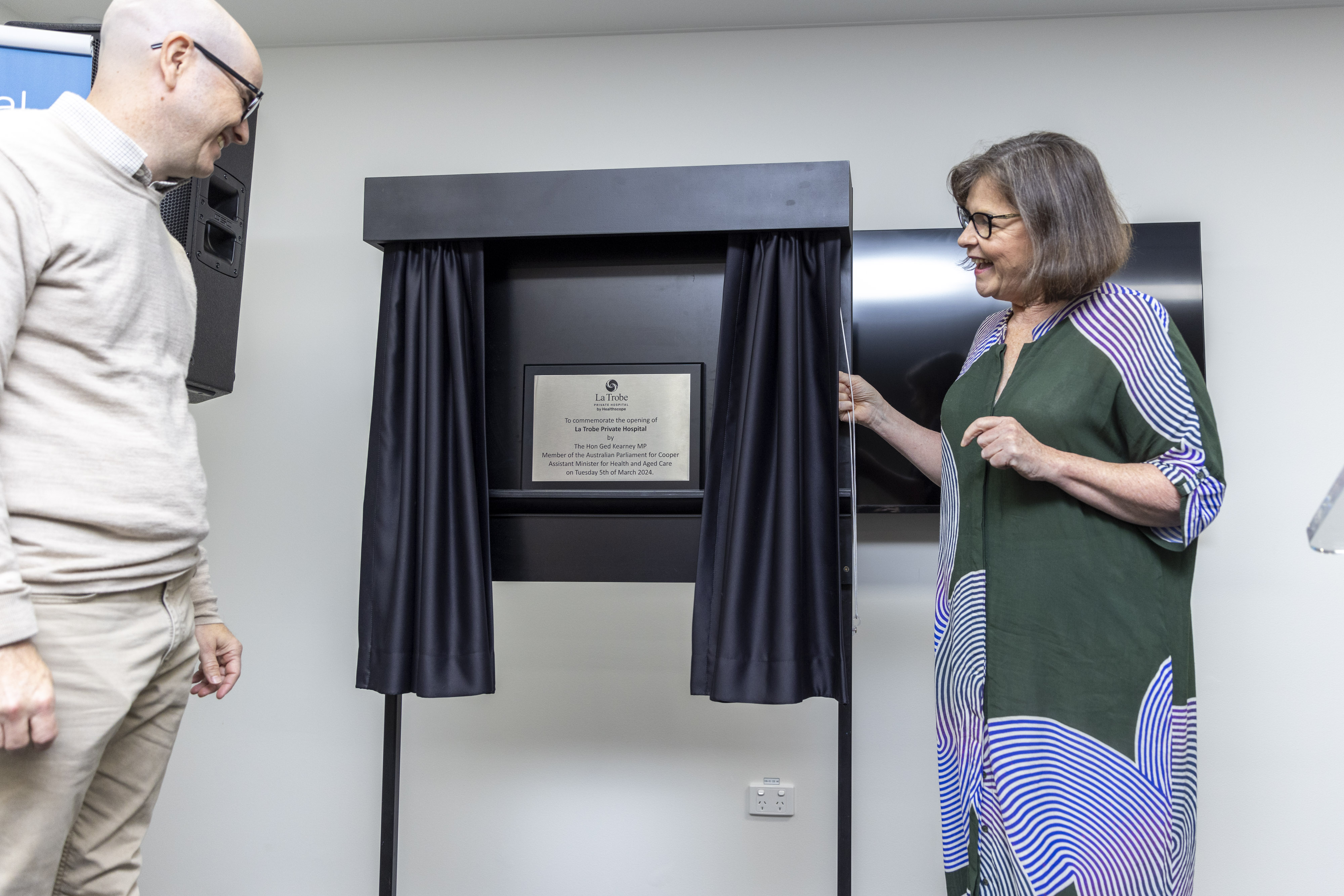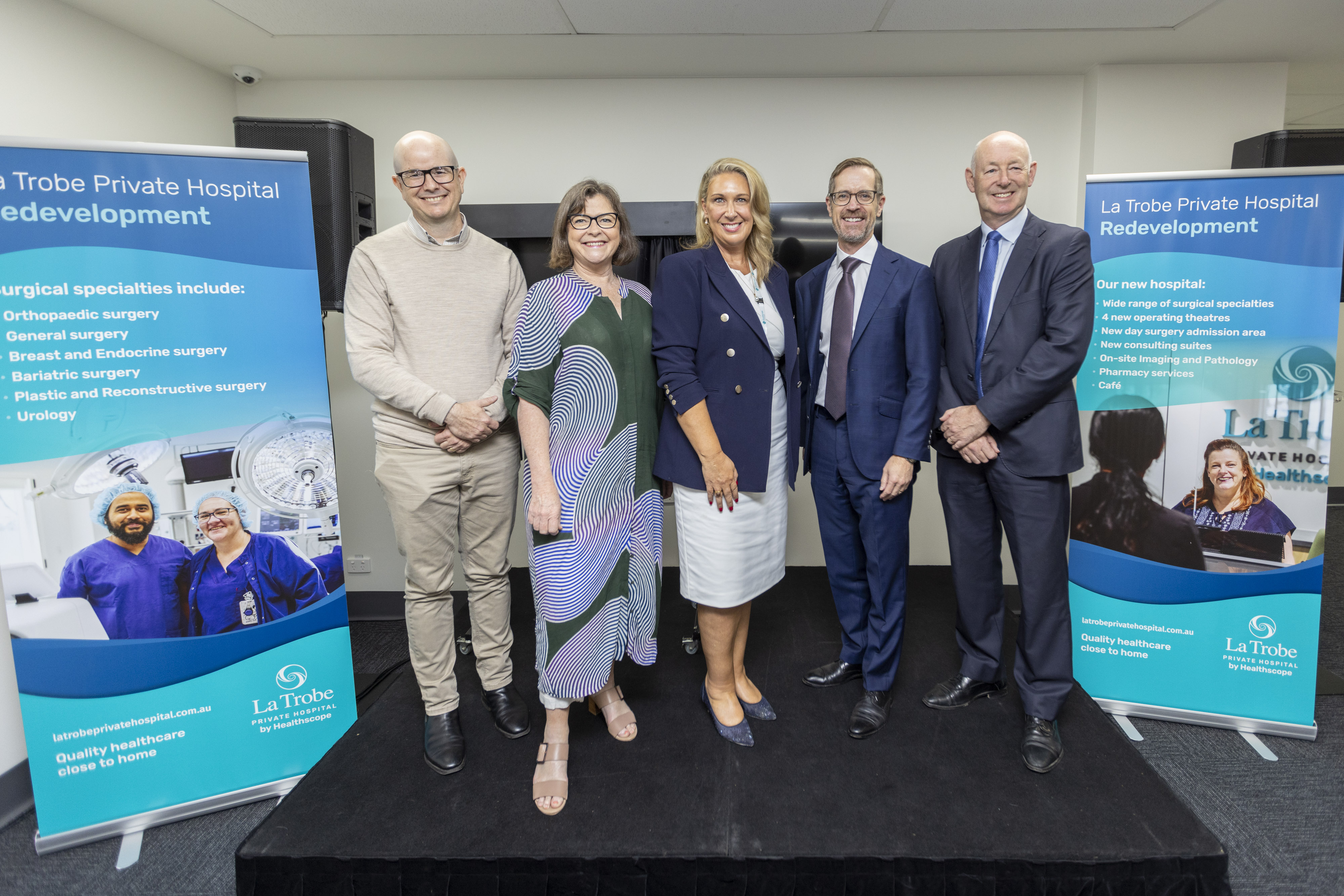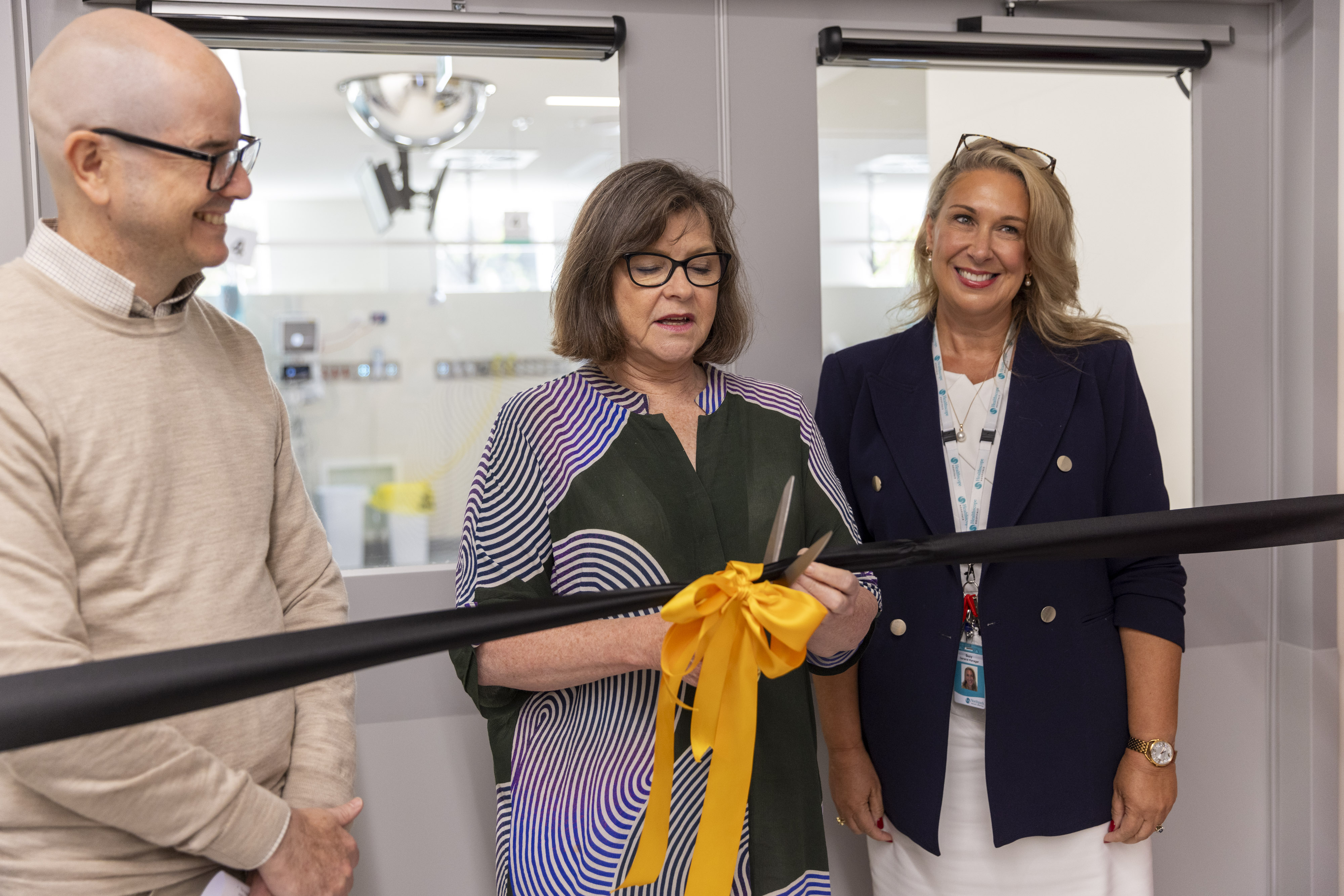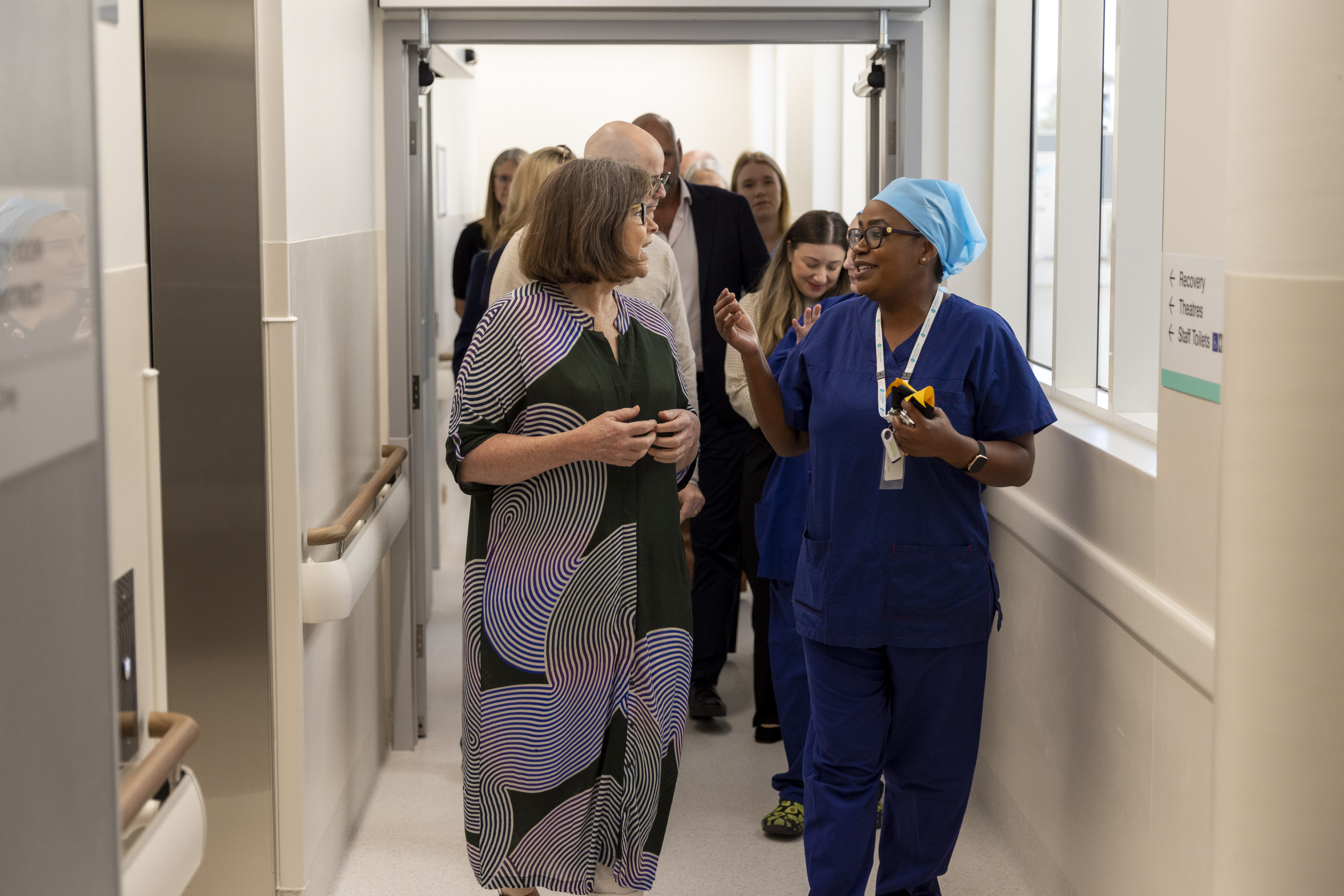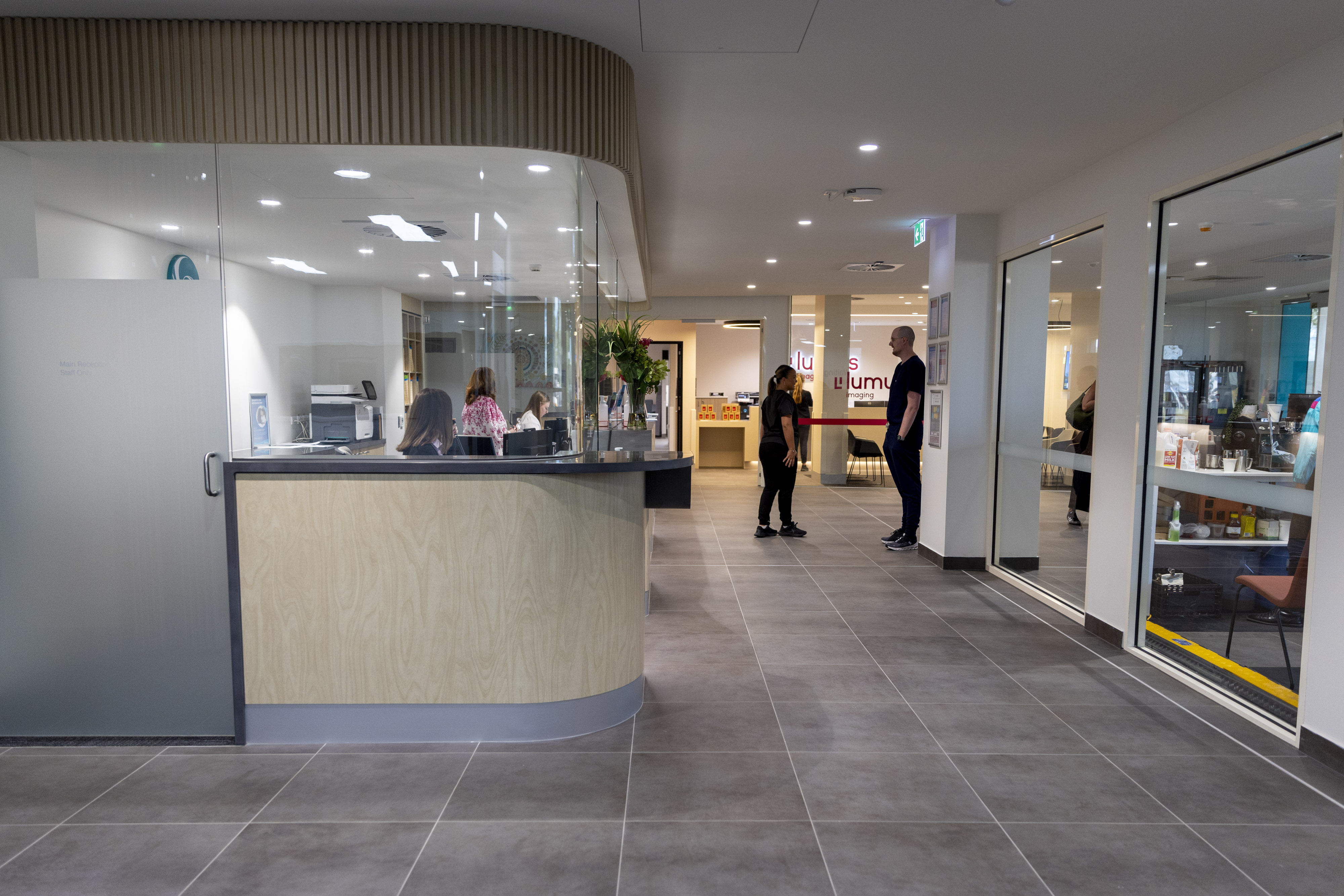
June 2025
Understanding Bowel Cancer: 7 Key Questions Answered
Bowel cancer, also known as colorectal cancer, is the second most common cancer in Australia, affecting over 15,000 individuals annually. While it predominantly affects those over 50, there is a concerning rise in cases among younger Australians.
Early detection through screening and awareness is crucial in improving outcomes.
1. What are the symptoms of bowel cancer?
In its early stages, bowel cancer often presents no symptoms. However, common signs to pay attention to, include:
- Blood in the stool (bright red or dark)
- Persistent changes in bowel habits (diarrhea or constipation)
- Abdominal pain or discomfort
- Unexplained weight loss
- Fatigue or weakness
If you experience any of these symptoms, consult your doctor promptly.
2. Who is at risk?
Risk factors for bowel cancer include:
- Age (increased risk after 50)
- Family history of bowel cancer or adenomatous polyps
- Inflammatory bowel diseases (e.g., Crohn’s disease, ulcerative colitis)
- Lifestyle factors:
- Diet high in red or processed meats
- Low fibre intake
- Excessive alcohol consumption
- Physical inactivity
- Smoking
Notably, approximately 30% of bowel cancer cases are related to genetics and family history.
3. How is bowel cancer diagnosed?
Diagnosis typically involves:
- Medical history review and physical examination
- Faecal occult blood test (FOBT) to detect hidden blood in the stool
- Colonoscopy to examine the colon and rectum for abnormalities
- Biopsy of any suspicious areas during colonoscopy
Early detection significantly improves treatment outcomes.
4. What are the treatment options?
Treatment depends on the cancer's stage and may include:
- Surgery to remove the tumour
- Chemotherapy
- Radiation therapy
- Targeted therapy or immunotherapy for advanced stages
Regular follow-up is essential to monitor for recurrence.
5. How can I reduce my risk of bowel cancer?
Preventive measures include:
- Maintaining a healthy diet rich in fibre (e.g., fruits, vegetables, whole grains)
- Regular physical activity
- Limiting alcohol intake
- Not smoking
- Regular screening, especially if you have a family history or other risk factors
These lifestyle choices can significantly lower your risk.
6. What is the bowel cancer screening program in Australia?
The National Bowel Cancer Screening Program offers free biennial screening for Australians aged 50 to 74. Starting July 1, 2024, people aged 45 to 49 can also request a free screening kit. Those aged 40 to 44 must request tests from their GP, while under 40 must pay privately.
7. Can bowel cancer occur in younger individuals?
Yes, bowel cancer is increasingly affecting younger people. While the risk increases with age, particularly after 50, a concerning number of people under 50—some even in their 20s and 30s—are now being diagnosed, often at advanced stages due to misconceptions. It's important to recognise that bowel cancer can occur at any age, and early detection is crucial.
If you have concerns or symptoms, it's important to consult with a healthcare professional for personalised advice, screening and treatment options.
Brought to you by:
Mr Vikram Balakrishan Colorectal Surgery, General Surgery, Haemorrhoids, Hernias, Colonoscopy, Gastroscopy
Appointments now available, call: 03 9468 0688
> Hernia surgery
> Haemorrhoid surgery
> Endoscopy - colonoscopy and gastroscopy
Contact P: 03 9468 0688 | F: 03 9466 8188 E: reception@samelbourne.com.au
_________________________________________________
Bowel cancer resources
- www.cancervic.org.au/cancer-information/types-of-cancer/bowel_cancer/bowel-cancer.html
- www.health.gov.au/our-work/national-bowel-cancer-screening-program
- www.bowelcanceraustralia.org/
Please note:
Healthscope: While we make every effort to make sure the information contained in this blog and otherwise on this website is accurate and informative, it should not be used as a substitute for obtaining your own professional or medical advice.
Do not use the information in this blog:
- to diagnose, treat, cure or prevent any disease,
- for therapeutic purposes or
- as a substitute for the advice of a health professional.
Healthscope Ltd and its related entities do not provide any guarantees and assume no legal liability or responsibility for the accuracy, currency or completeness of the information contained in this blog or on our website, or for any injury, loss or damage caused by its use.
March 2024
La Trobe Private Hospital boosts healthcare for Melbourne's northern suburbs.
La Trobe Private Hospital has re-opened its doors, giving residents of Melbourne’s growing northern suburbs further vital access to healthcare and treatment.
The hospital, located at La Trobe University’s Bundoora campus, was officially reopened today by Assistant Minster for Health and Aging and Member of Parliament for Cooper, the Hon. Ged Kearney MP.
Healthscope has invested more than $25 million to completely redevelop the hospital, which now comprises 34 beds, including four operating theatres and a four bed High Dependency Unit. Clinical services offered at La Trobe Private include orthopaedics, general surgery, plastic surgery, and urology, as well as a new radiology clinic and consulting suites.
La Trobe Private will also expand and enhance Healthscope’s longstanding partnership with La Trobe University, providing additional clinical education placements for La Trobe students, as well as opportunities to receive quality professional learning experiences.
Plans for the opening of La Trobe Private Hospital were finalised in 2021, with the hospital opening in March 2024. "It's very exciting to see this hospital now completed and fully operational,” Healthscope CEO Greg Horan said.
“The redevelopment and re-opening of La Trobe Private will provide critical new healthcare services in Melbourne’s rapidly growing northern corridor, as well as continue our work to support and develop the next generation of healthcare professionals.”
The new facilities will also boost the research capability of La Trobe, strengthening its partnership with Healthscope that has already generated more than 60 publications in the past four years, many of which are co-produced with Healthscope staff and consumer representatives. La Trobe University’s Vice-Chancellor Professor Theo Farrell, said; “La Trobe Private Hospital is driving healthcare innovation, as a place where world-class health care is combined with hands-on professional training and pioneering research. The hospital brings a wide range of health and education benefits to the local community while continuing to strengthen the University’s teaching, learning and research capability and excellence.”
La Trobe Private Hospital is a 34-bed hospital with a focus on orthopaedics, general surgery, plastic surgery, and urology. The hospital is located on the La Trobe University campus in Bundoora, adjacent to Plenty Road and public transport. La Trobe Private Hospital services are complemented by its sister hospital, Northpark Private Hospital located just minutes away.
Northpark Private Hospital offers a range of services, including ophthalmology, gynaecology, ENT and general surgery, maternity services including an early parenting unit. The hospital has recently opened its expanded 56 bed mental health service which includes a dedicated older person’s mental health unit.
